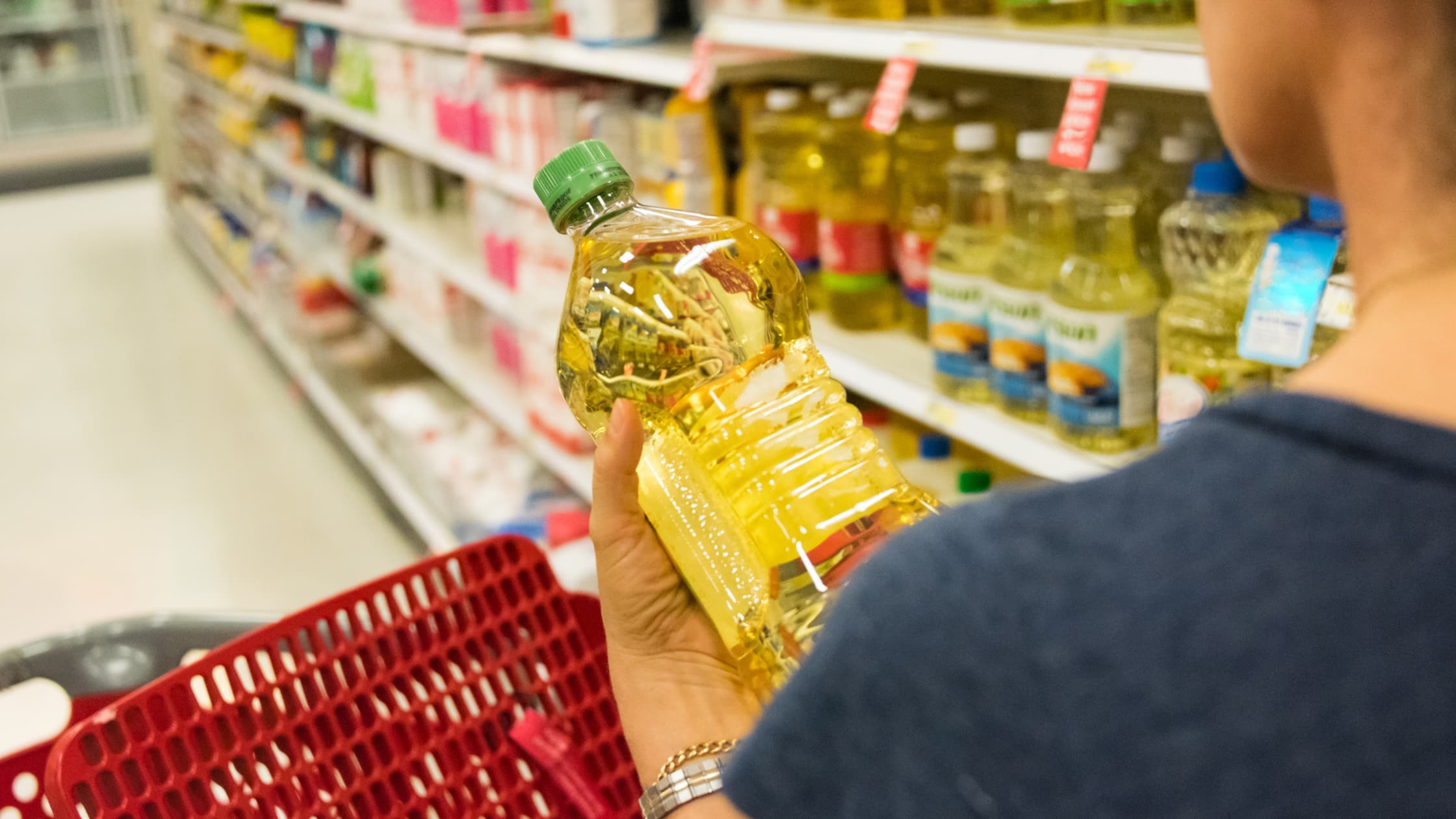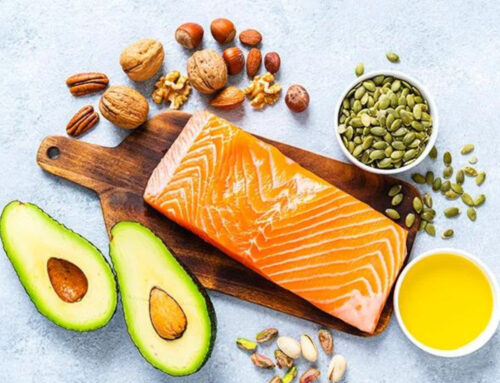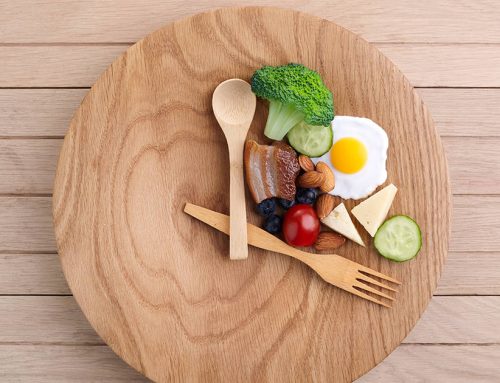If you are new to fasting and/or keto, one of the first things I educate on is that bad fats will make it hard to fast. The body has two options for creating energy. It can either burn sugar or burn fat for fuel. When you fast (especially longer fasts), the body is forced to burn up all readily available sugar, and when glucose is significantly used up, the body will begin to burn fatty acids from stored fat for energy. When this transition to burning fat for energy is made, the body produces ketones and is said to be in a state of “ketosis”. There are levels of ketosis, from light to therapeutic.
Now, there are some foods that will counteract your fasting efforts, making it hard for you to successfully fast and make this switch from burning sugar to burning fat for fuel, and one of those foods is bad fats.
What are bad fats?
And the question you might be asking is, “there are good fats and bad fats?”
Yes, not all fats are created equal! There are several types of “bad” fats that you should definitely steer clear of.
Bad fats will make it hard to fast and will keep you in a sugar burning state and make you insulin resistant.
Insulin resistance is when cells in your muscles, fat, and liver don’t respond well to insulin and can’t use glucose from your blood for energy. To make up for it, your pancreas makes more insulin and as a result, your blood sugar levels go up.
Insulin resistance can lead to things like obesity, high cholesterol and type 2 diabetes, as well as metabolic syndrome. It will also make it hard to fast.
So, if you are measuring your fasting blood sugar and ketones and you see that your ketones are staying low and your blood sugar is high, I recommend you look at whether you’re knowinging, or unknowingly, consuming bad fats in your diet.
Bad fats that can make it hard to fast include:
- canola oil (even organic canola oil)
- vegetable oils like Crisco, both solid and liquid versions
- cottonseed oils
- corn oils
- sunflower oil (unless Andreas Seed oils)
- safflower oil
- soybean oil
- margarine
Most people starting the ketogenic diet initially fail to differentiate between good fats and bad fats, then they wonder why fasting isn’t working for them. Watch this to find out what fats help you get into ketosis.
For example, don’t be fooled by organic potato chips that are cooked in canola oil.
If you have any of these oils in your pantry, toss them out!
Bad oils are pervasive, even in seemingly healthy and organic products found in natural grocery stores! Yes, sadly this is true. So you really have to read labels to see whether the foods contain bad oils.
The first thing I recommend you do when starting a fasting lifestyle is remove bad oils. They have to go, as they will inadvertently sabotage your fasting efforts by raising your insulin and blood sugar levels and increasing inflammation.











I was wondering if grapeseed oil is also one of the bad oils for us?
David C.
From what I have read and heard, including the podcast on ketogenic energy system, grapeseed oil is one of the bad oils. Apparently, it is extracted through the chemical process additionally.
Could you clarify whether groundnut (peanut) oils is as bad as seed oils?
How about for sesame seed oil? I have been reading that sesame seed and its oil including tahini is inflammatory .
I’m curious is rapeseed oil is problematic. It’s in Oatly Oatmilk & it’s my dairy alternative. Hoping it’s not!?
Rapeseed oil is canola oil. And it’s a “bad,” highly inflammatory fat.